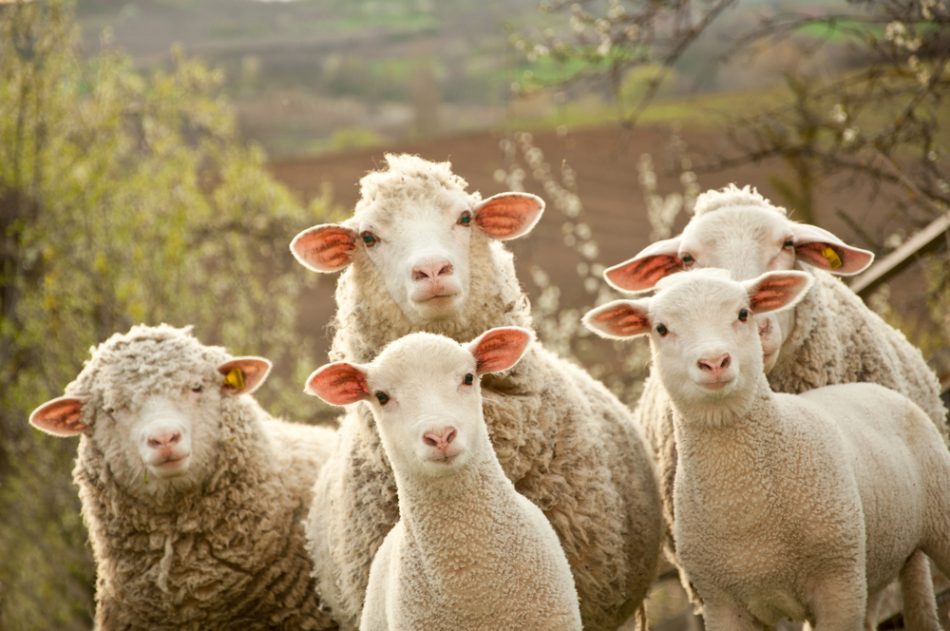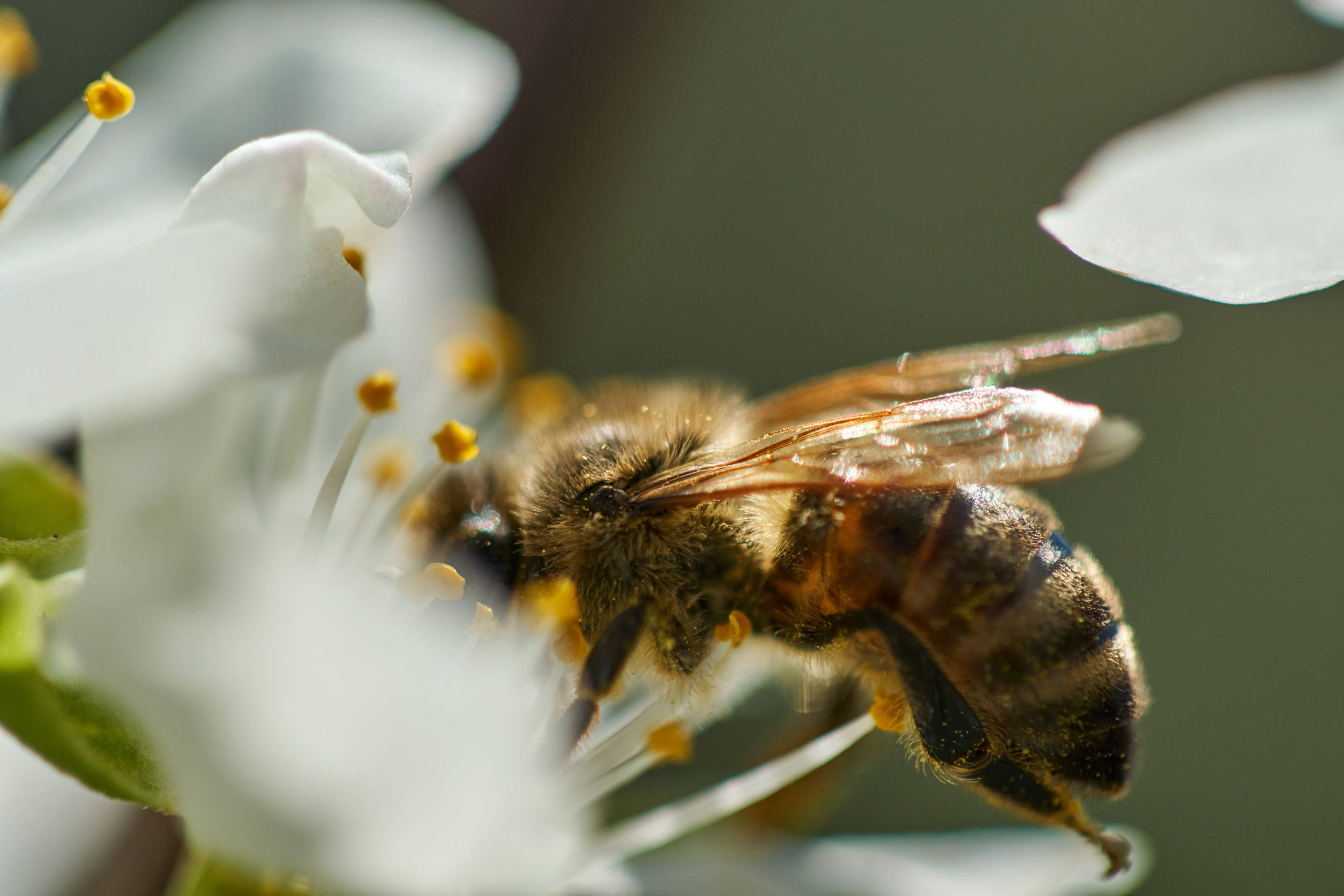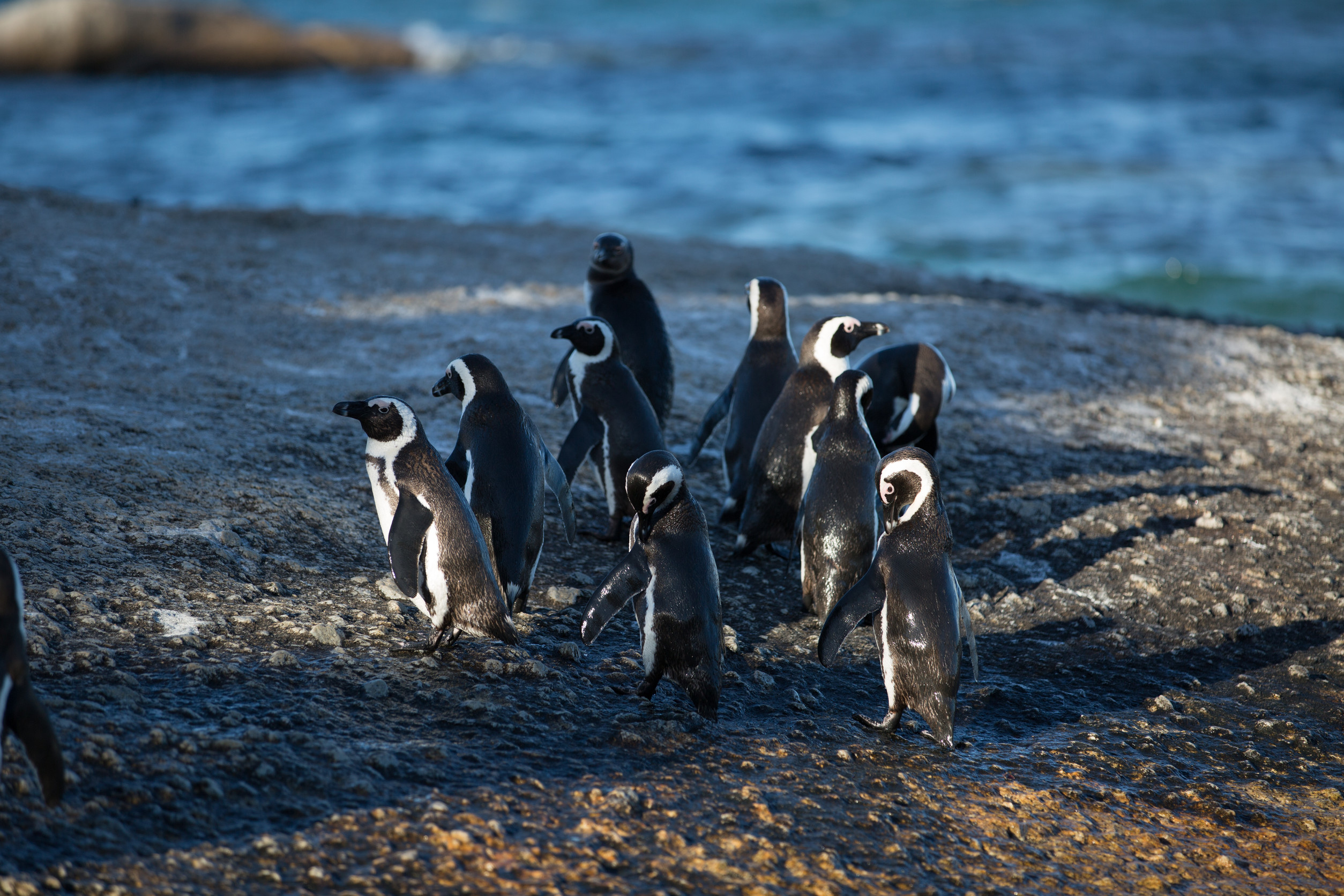Along with polar ice and glaciers, warming temperatures have also been having a melting effect on permafrost — the frozen layer of soil in the Arctic. In an attempt to protect this frozen ground, a team of scientists has come up with a rather unorthodox plan.
The idea is to fill the Arctic with hordes of grazing animals like reindeer and bison, which would help keep the permafrost frozen by trampling it — a trick they say could save 80 percent of the Arctic’s permafrost until the year 2100.
When snow falls in the Arctic, it typically serves as a thick insulating blanket protecting the permafrost. But due to rising temperatures everywhere around the globe, including higher latitudes, that insulation threatens to allow the soil’s temperatures to rise to the point that the permafrost begins to thaw.
That’s where the animals come in. According to simulations conducted as part of the study, large herbivores not only disperse the snow insulation as they walk around but also help stamp down and compact the soil beneath them.
The next step for scientists is to investigate how the animals would actually spread across the landscape.











